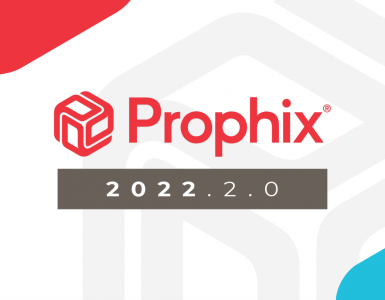The Biggest Challenge is the Change in Mindset
Finance is history. Literally. The finance function has historically been about looking backwards at things that have already happened. Reporting and reconciliation. Paying people for the work they have already done, and telling the leadership how the company has performed.
Constantly looking backwards is not a great position from which to lead.
Perhaps this is why other departments have stolen a march on finance. Between the sixties and the nineties, finance was arguably the greatest source of innovations in the workplace. After all, that’s where IT emerged from, with the automation of payroll and other functions. IT remains under the finance function in many organisations, and look how that has transformed the way we all work.
But since the nineties, other departments that are more forward-looking have begun to take control in the organisation. Sales, and marketing.
Increasingly these departments define their own investments in software and the hardware (if any is required) to support it: CRM, marketing automation, analytics.
Note that all of these core software components have something in common: they are data-rich. In many ways they are tools for foresight, answering questions like: ‘How many customers do we have a relationship with?’, ‘How many more will we add?’, and ‘What will each one be worth?’.
The answers to these questions are of obvious value to the leadership of any organisation. But as forecasts, they can only every be proxies for the truth. The only single department in the organisation that has access to the truth, the whole truth and nothing but the truth, is finance.
But finance’s truth is of little operational value to the organisation if it is always retrospective. It’s no good to the leadership to validate marketing’s expectations and sales’ forecasts against numbers that are weeks or even months old.
The challenge to finance leaders is to stop operating in the past and begin to operate in the present. To become a real-time organisation that can share today’s truth, not last week’s, with the rest of the organisation.
From here, finance can begin to become a forward-looking function like its peers. Not in competition, but in partnership, offering insight and truth to inform and validate the forecasts of marketing and sales, operations, human resources and others.
The tools are there to support this transformation today. The biggest challenge is the change in mindset.
How do you turn to face the future?
Here are three starting points:
- Eliminate Lag: What’s the turnaround time on your reports to the business? If it’s months, make it weeks. If it’s weeks make it days. And if it’s days, make it hours. It can be done.
- Share Intelligence: Initiate a conversation with sales and marketing about their knowledge needs. What do they want to know that you may be able to tell them? How can you add value to their operations?
- Look Beyond: Examine your industry’s challenges. Look at partners, the supply chain and beyond. Might patterns in your data give you foresight of future developments?






